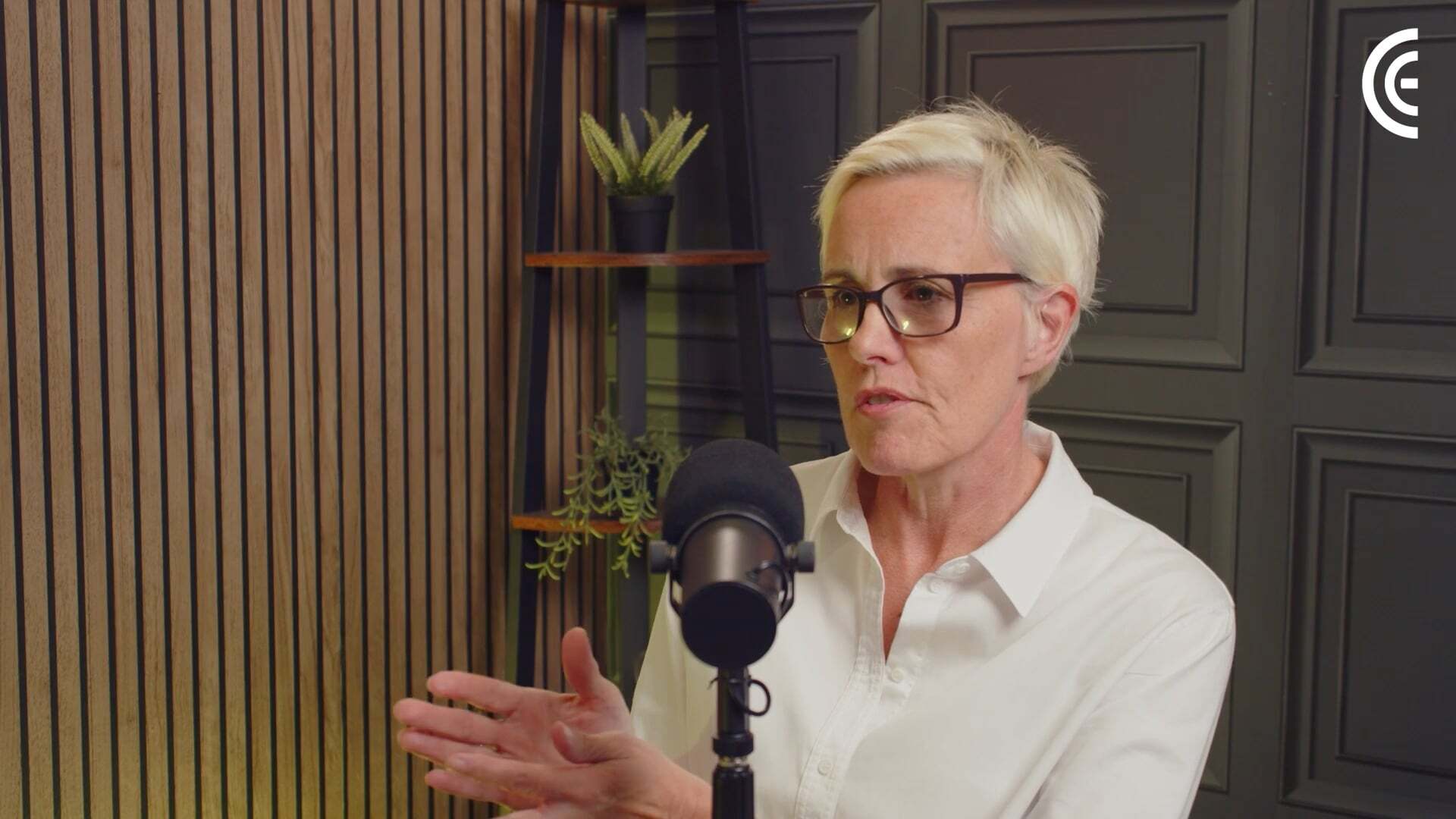Hidden Barriers to Leadership Success: How Executive Coaching Helps
Discover the five hidden barriers that hold leaders back, fear of failure, imposter syndrome, resistance to change, low emotional intelligence, and...
Insights to help leaders and organisations thrive and drive growth & inclusion.
Geraldine Gallacher Keynote Speaker
Speaker, podcaster, author and master coach.
Our resource hub for working parents, carers and managers navigating work-life balance.
Real stories from leaders driving inclusion & equity in today’s shifting world.
Fortnightly insights on leadership, equity & the future of work. For senior leaders & curious thinkers.
A monthly digest of the shifts shaping how we lead and work.
3 min read
 Kate Buller | Master Executive Coach & Head of Coaching
:
Aug 13, 2025 10:48:33 AM
Kate Buller | Master Executive Coach & Head of Coaching
:
Aug 13, 2025 10:48:33 AM

Explore how executive coaching transforms leadership by uncovering blind spots, challenging assumptions, and driving systemic change beyond what AI can achieve.
At its best, it’s a rigorous, honest, and transformative partnership that challenges hidden assumptions and drives meaningful, systemic change. Unlearning what once served you but no longer does creates space for new and more effective ways of being.
Achieving this rests on a foundation of trusted partnership and mutual respect.
It's essential that the leader feels safe enough to be open about their vulnerabilities, fears, and anxieties. Executive Coaching is about turning inward before looking outward at what lies ahead.
At a time when managers are pulled in competing directions, often stressed, short on time, and facing ongoing uncertainty, many begin to question their value. Beneath the surface, there’s a quiet crisis of identity beginning to bubble. Increasingly, this is prompting managers to turn to AI for support in building their skills, such as delegation, goal setting, habit tracking, and deepening self-awareness. While AI can help develop skills, set goals, nudge progress, promote productive habits, and offer timely advice ahead of a difficult conversation, it falls short in the area that matters most: mindset.
The real work of transformation lies in qualities that AI cannot achieve: attuned empathy, systemic awareness, and psychological depth, the foundations for deep inquiry and sustainable growth, and the dimensions of coaching that algorithms simply cannot (yet) replicate.
Choose a coach who helps to…
.png?width=1584&height=396&name=Linkedin%20ECC%20Banner%20(1).png)
![]()
The most profound breakthroughs often emerge not from what is said but from what remains unspoken. The coach’s role is to listen beyond the literal to what is implied, avoided, or embedded in language patterns. This kind of listening requires more than active engagement; it calls for an attuned presence and the ability to detect subtle cues: the hesitations, the contradictions, and the recurring narratives that shape a leader’s behaviour and decision-making. When a coach leans into these deeper layers, the real work begins, not in affirming the client’s thinking but in respectfully disrupting it.
Kahneman introduced us to the concept of different types of thinking. He proposed that System 1 is fast, intuitive, emotional, and automatic, while System 2 is slow, deliberate, analytical, and logical. The skilled coach hears the unconscious biases, emotional reflexes, and underlying assumptions that drive reactive patterns; they know how to elegantly invite System 2 thinking, with deep reflection, to empower the leader to gain better clarity on their automatic patterns. With this insight, leaders can then approach challenges with an intentional focus for sustainable success.
![]()
Leaders today can feel isolated and worry that they are not exposed enough to honest doubts and challenges from colleagues and team members. The executive coach will pose difficult questions, notice and challenge unconscious assumptions, offer real time feedback on the leader’s impact, and hold space for discomfort.
Often, executives operate under invisible frameworks, beliefs about power, success, risk, or identity, that have never been examined, let alone questioned. A coach’s job is to shine a light on these mental models.
.png?width=367&height=206&name=Untitled%20design%20(16).png)
For example:
“What might you be assuming here that isn’t necessarily true?”By gently but persistently challenging the underlying stories that shape decisions, a coach invites leaders to think more expansively. This isn’t just about getting better answers; it’s about helping leaders ask better questions, questions that open up new possibilities and reframe the entire landscape of their leadership.
![]()
The ultimate goal of executive coaching is not individual change in isolation; it’s systemic transformation. When a leader shifts their mindset, their entire ecosystem can feel the ripple effect. Teams communicate differently. Strategies evolve. Cultures become more intentional and adaptive.
Systemic impact also means attending to context. An executive doesn’t lead in a vacuum; they are constantly interacting with organisational structures, cultural norms, and political and market dynamics. Coaches who help leaders zoom in and out, seeing both the internal world and the external system, equip them to lead with nuance, clarity, and vision.
The most effective coaching partnerships result in leaders who not only operate differently but also catalyse change in others. They become more conscious of how their behaviour influences the system and more capable of shaping it in ways that align with purpose and values.
![]()
Transformation isn’t transactional; it’s emotional, nonlinear, and deeply personal. It requires the kind of space where leaders can say (or just think), “This is hard”, and not feel judged. Where they can unpack who they are, not just what they do. For those willing to step into the space beyond the spoken word—to interrogate assumptions and embrace challenge—the rewards are profound. With not just better leadership but braver leadership. Not just individual change, but lasting and systemic impact.
.jpg)
Discover the five hidden barriers that hold leaders back, fear of failure, imposter syndrome, resistance to change, low emotional intelligence, and...

As AI reshapes work and decision-making, empathy is just the start. Learn why legitimacy, built on human judgment, accountability, and trust, will...

Discover why inner work is the new frontier in leadership. Learn how emotional agility and the PIVOT framework help leaders adapt, influence, and...